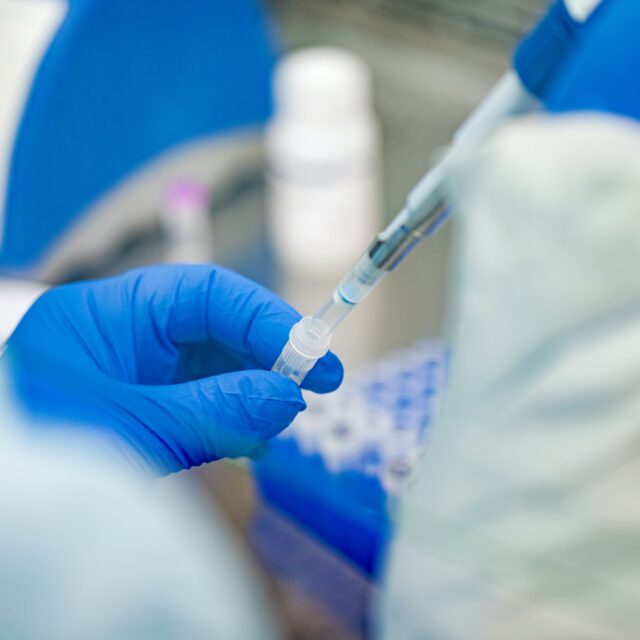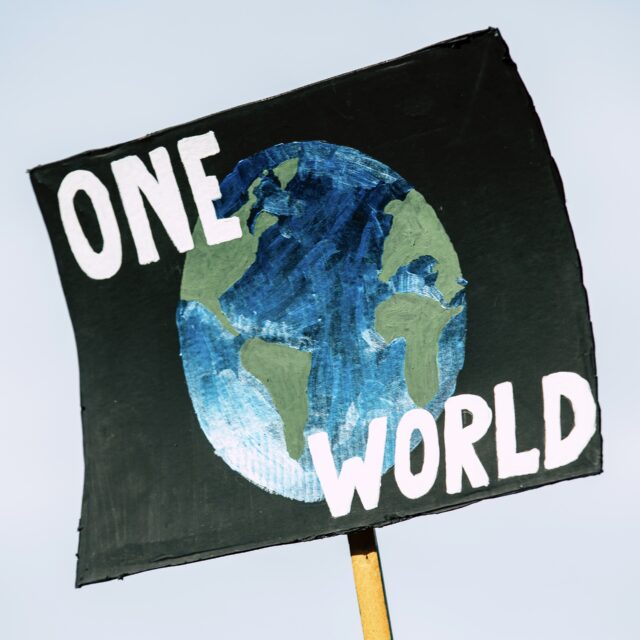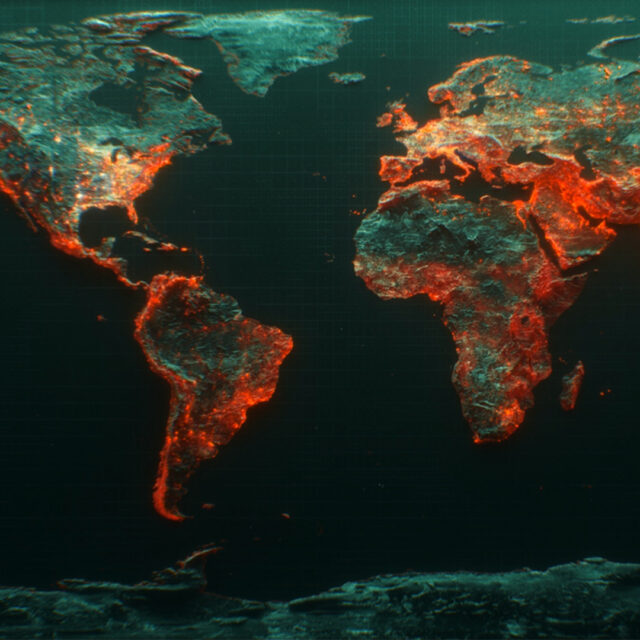Read more recent COVID-19 vaccine content with our Vaccine Access Test and our new series Pandemica.
The COVID-19 pandemic is an unfortunate reminder that diseases don’t respect borders. The virus has swept the globe, infecting nearly 140 million people worldwide, and drastically impacting lives and livelihoods, with disproportionate impacts on people living in poverty and women and girls. In late 2020, the race to secure global vaccine access began, with hopes of finally ending the pandemic for everyone, everywhere.
At ONE, we’ve been watching the impact of COVID-19 on the global community closely. This pandemic requires a global response, and global cooperation and partnerships — among countries,continents, and the private sector — are crucial.
Alongside responses, we should also look to the future and consider what’s needed to prevent these types of outbreaks and global crises from happening again.
Here are a few key things we think you should know now, and moving forward.
What do I need to know about the COVID-19 vaccines?
Vaccines are the most effective way to prevent infections, and we’ve answered five key questions about COVID-19 vaccines. There are currently vaccinations to prevent some of the world’s deadliest and most infectious diseases including measles, pneumonia, whooping cough, influenza, HPV, cholera, and now, COVID-19.
Having safe vaccines within a year of the first reported COVID-19 cases is a historic scientific achievement, and today, there are a handful of safe and effective vaccines to fight COVID-19, with the first mass vaccination rollout program having started in December 2020. With these effective vaccines, international players such as Gavi, the Vaccine Alliance can play a crucial role in making sure the COVID-19 vaccine reaches those in the poorest and most vulnerable countries. The vaccine for the Ebola outbreak in the Democratic Republic of Congo is an example of how this would work.
So now that there are vaccines to fight COVID-19, the race to secure global vaccine access to make sure everyone, everywhere has access to the vaccines and to make sure the world can one day see an end to the pandemic. But there’s still a lot of work to be done — and the consequences couldn’t be higher. Our animated series “Pandemica” explores what the world will look like if we don’t achieve more equitable vaccine access.
Curious how vaccines work in general? We have a full breakdown on some of the most commonly asked questions on vaccines.
How can we prevent these types of outbreaks in the future?
When it comes to epidemic preparedness and response, the idiom “an ounce of prevention is worth a pound of cure” is particularly fitting. Rightly, many countries and international organizations responded quickly once COVID-19 started to spread and the pandemic began. But a good response relies on even better preparation.
For years experts have warned that the next big pandemic is a matter of “when” not “if.” That warning will still be true when the COVID-19 pandemic finally comes to an end.
With that in mind, the international community needs to ensure that three types of funding are available for current and future pandemics: immediate response; managing economic impact and secondary effects (like education, food insecurity, etc.); and building the capacity needed to prevent, detect, and respond to future threats.
All three funding streams are needed to improve health security today and ensure we are prepared for the next big health threat tomorrow.
At ONE, we advocate for strong and effective health systems everywhere to keep people healthy, safe, and free of preventable diseases. We need strong funding, effective policies, political will, and targeted investments to make sure everyone, everywhere has the healthcare they need.
Curious on the basics?
What is coronavirus? How is it spread? What are the symptoms? How can I stay safe?
It’s normal to have a ton of questions about COVID-19. The World Health Organization is a good one-stop-shop for the most up-to-date information on how to protect yourself and others.
This was originally published in April 2020 and updated in April 2021.



